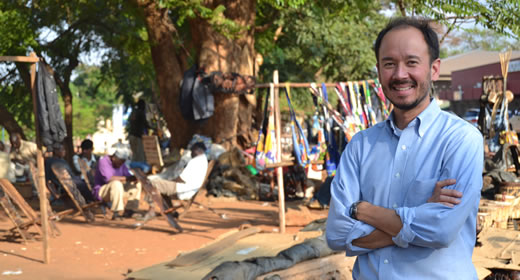
"More than 200 million workers travel abroad to work as maids, construction labourers and at other low-wage jobs," writes Hemali Chhapia for the Times of India. "The money they send back home is often essential to their families' survival and homeland's economy."
Chhapia is referring to the importance of Dean Yang's recent microfinance study exploring the impact of modest financial literacy training on migrants' decisions to save. Yang and colleagues conducted a microsavings study of Indian migrants in the Arab Emirate of Qatar to find out how they made spending and saving decisions before the start of the study, and how their behavior changed in response to a three-hour motivational seminar on financial decision-making.
"This was a simple one-time talk that had a big impact," Yang told the Times of India. For migrants who weren't saving much before the study, the motivational seminar changed their behavior in positive ways, leading them to save more and send more money to family back home.
"There are hundreds of millions of migrant workers from developing countries working in the rich world," says Yang, and the money they send home "dwarfs the amount of foreign aid governments in the rich world are sending to developing countries." As such, finding ways to encourage them to save more, and to invest some of those resources in ways that yield long-term improvements for community members in their countries of origin, holds great promise for developing nations.